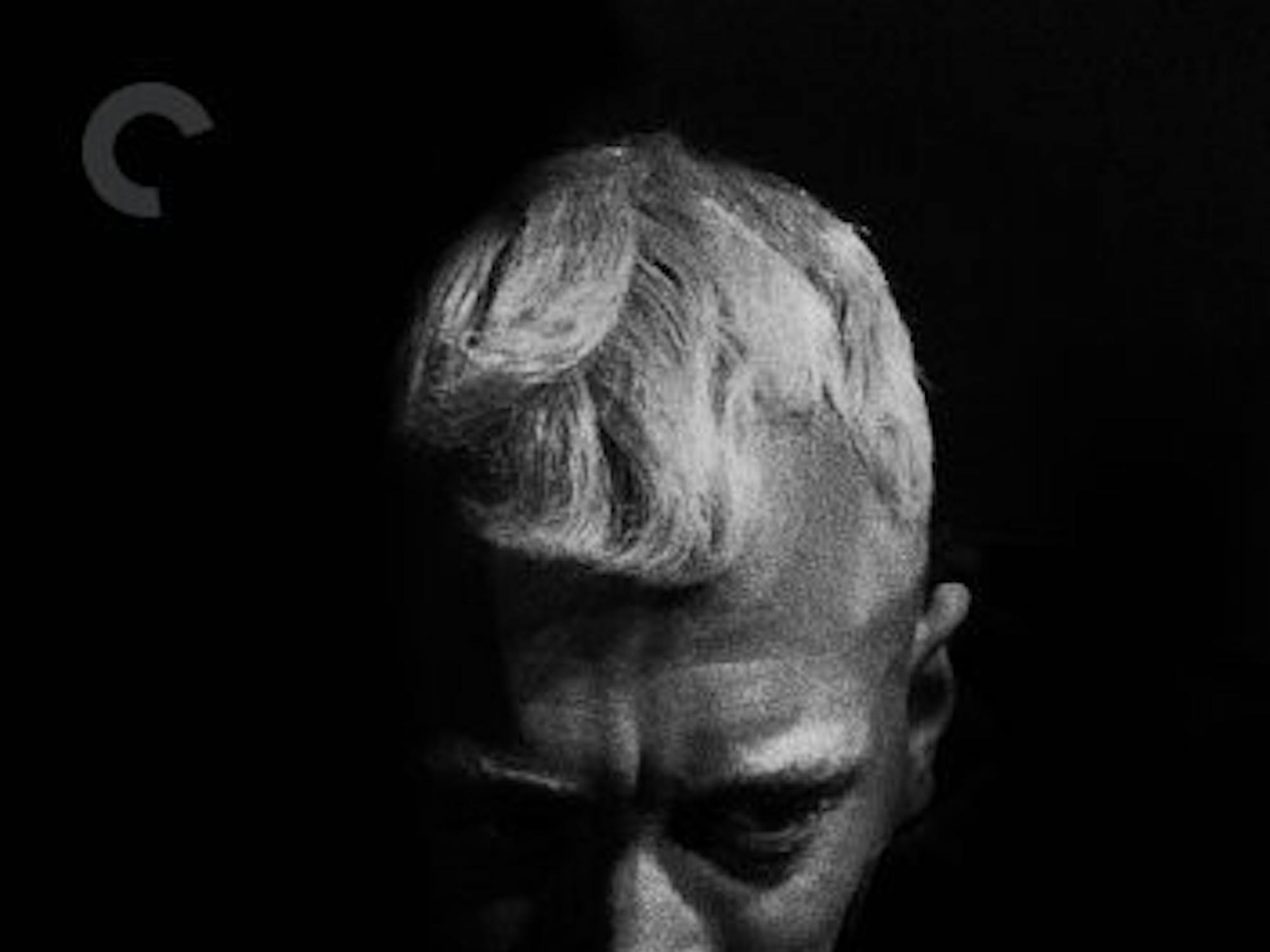“The Seventh Seal” (1957)
Directed By Ingmar Bergman
Starring Gunnar Björnstrand, Bengt Ekerot, Nils Poppe, Max von Sydow, Bibi Andersson, Inga Gill and Maud Hansson
“…And when the lamb opened the seventh seal…there was silence in the heavens about the space of a half an hour. And the seven angels which had the trumpets…prepared themselves to sound.”
Writer/director Ingmar Bergman captures the allegory of man’s apocalyptic search for the meaning of life in his breathtaking low budget masterpiece, “The Seventh Seal.” Written, directed and acted to perfection, Bergman molds and sculpts one of the deepest horror/dramas of all time that keeps us guessing and asking the one question that burns within the hearts of man, “Why are we here?”
After a decade of battling in the Crusades, a knight on his way home comes face to face with the Grim Reaper.
“It’s time,” Death says.
“Have you come for me?” the knight courageously replies.
“I have long walked at your side,” Death chilling responds.
Just before Death approaches the knight to claim his last breath, the knight challenges him to a game of chess that will decide the fate of his soul and the ones that surround him on his journey home.
The film then presents a variety of characters that are easily recognized by today’s standards of stereotypical individuals. Traveling with the knight is his squire, a man with a one-track mind who tries to control anything he touches.
Along the journey, the two meet a mute woman who is viciously attacked by a burglar. They meet a traveling troop of actors who perform shows throughout their native land of Sweden. This group includes a family of four: A loyal, humble husband; a beautiful, loving, caring wife; a newly born baby; and a dashing, charming, sly-talking man with the mindset of a playboy who knows how to con his way into anything. Upon meeting these easily identifiable characters, a trail of death follows the lone crusader on his way
home.
What fascinates me about this film is the obvious challenging and cheating Death, which I find much more in-depth and poetic than any other film that involves the Grim Reaper. It’s a character study with deep insights of the human nature of man.
To set the stage in the film’s opening scene, a title card explains that after the war that stretched throughout the 14th century, the Crusaders who returned from the Holy Land find their own lands under siege by the Black Plague, thus turning the striking lands of Sweden into the ninth plain of hell.
Explaining my theory to the fullest extent, there’s a scene that takes place during a break from the journey. The knight and squire rest at a church for a couple of nights to regain their strength.
During the night, the knight wanders around the chapel and comes across a shadowy figure. Thinking it’s the pastor of the church, the knight reminisces about his life and what he wants to accomplish with the remaining time he has. My interest was heightened in the middle of the conversation, when the knight confesses his credo.
“I see myself…and I’m full of hatred and disgust. Because of my indifference to men, I have cut myself off from them. All my life, I’ve been living in a phantom world, locked up in my dreams and illusions.”
The shadowy figure asks, “And yet you have no desire to die?”
“Wrong.” The knight sharply responds, “I want to.”
The shadowy figure speaks, “Then why put it off?”
“I want to know the truth first. Is it so hard to conceive God with one’s senses? Why must he hide in a midst of vague promises and invisible miracles? How are we to believe the believers when we don’t believe ourselves? What will become of us who want to believe, but cannot? And what of those who neither will nor can believe? No man can live with Death and know that everything is nothing. I want to understand what life brings to man.”
From my own perspective, it seems that the hearts of men lose faith during the life-long spiritual journey, during which we come to understand that the meaning of life can have no purpose when you are at war with yourself. The knight defines that statement.
Near the end of that scene the shadowy figure reveals himself — Death stands before the knight, and a long moment of silence follows. Reading beneath the surface, I found that Death would grant the knight’s final wish before he passes through the gates of judgment.
The horror that surrounds this film is presented through the performances of the actors. Nothing is more frightening than seeing true horror reflected by the ones who don’t fully understand death until it is their time.
The film’s premise states that even though everyone would love to know what the meaning of life is, we will never fully understand why we are here or why we die. It’s one of the burning questions that we all ask and will never be answered, except perhaps in death.
It’s very rare now these days where you can see a well-acted, in-depth horror film that has a specific meaning. Most of the time, they are produced to get people into the theater and try to give them a tongue-in-cheek lesson that has no useful information. Here, we have a film that actually has something to say, and it’s told through a very unique perspective. When others fail to even attempt to affect or scare us, “The Seventh Seal” leaves an emotional impact on the mind and makes one wonder about their own existence.
Rating: 4 out of 4 stars










